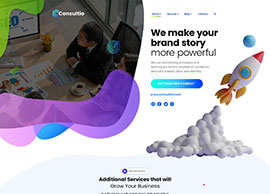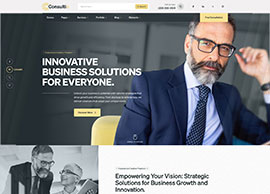The importance of a resilient public health force has been magnified in recent times by the challenges posed by global health crises. Building resilience in our public health workforce is crucial for effectively responding to emergencies, safeguarding the well-being of communities, and ensuring a healthier future. In this blog post, we’ll explore strategies for building a resilient public health force.
Understanding Resilience in Public Health
Resilience in the context of public health means the capacity to withstand, adapt to, and recover from health emergencies, whether they are infectious disease outbreaks, natural disasters, or other crises. A resilient public health force is prepared, adaptable, and able to maintain essential functions even in the face of adversity.
Strategies for Building Resilience
1. Invest in Training and Education: Continual training and education are fundamental to building a resilient public health workforce. This includes not only technical skills but also leadership, crisis management, and communication skills.
2. Cultivate Leadership: Effective leadership is crucial during emergencies. Developing leadership skills within the public health workforce ensures that decision-makers can navigate crises confidently and make sound judgments under pressure.
3. Promote Cross-Disciplinary Collaboration: Public health is a multidisciplinary field. Encourage collaboration among professionals from various disciplines to tackle complex health challenges comprehensively.
4. Embrace Technology and Data: Leverage technology and data analytics to enhance surveillance, monitoring, and response capabilities. Digital tools can streamline communication, data sharing, and information dissemination during emergencies.
5. Crisis Simulation and Preparedness Exercises: Regularly conduct simulations and preparedness exercises to test the readiness of public health teams. These exercises can identify strengths and areas for improvement.
6. Prioritize Mental Health and Well-being: Caring for the mental health and well-being of public health professionals is essential. Resilience starts with individuals who are physically and mentally prepared to respond to crises.
7. Global Health Partnerships: Collaborate with international organizations and partners to share knowledge, resources, and best practices. A global perspective is invaluable in addressing health threats.
8. Diversity and Inclusion: Promote diversity and inclusion within the public health workforce. Diverse teams bring a wide range of perspectives and experiences, which can be invaluable in crisis response.
9. Adaptability and Flexibility: Encourage adaptability and flexibility in public health strategies and plans. A one-size-fits-all approach may not be effective in all situations.
The Benefits of a Resilient Public Health Force
1. Effective Crisis Response: A resilient public health workforce can respond more effectively to emergencies, minimizing the impact of health crises.
2. Community Trust: Communities are more likely to trust public health authorities that demonstrate preparedness and a capacity to respond to their needs.
3. Innovation: Resilience fosters innovation as professionals seek creative solutions to health challenges.
4. Long-Term Health Improvement: Resilience isn’t just about crisis response; it also contributes to long-term health improvement by promoting proactive planning and prevention.
Conclusion: A Healthier, More Resilient Future
Building a resilient public health force is an investment in the health and well-being of communities and populations. By prioritizing training, leadership, collaboration, technology, and well-being, we can ensure that our public health workforce is prepared to face whatever challenges may arise. A resilient public health force isn’t just a response to crises; it’s a commitment to a healthier, more secure future for all.
















































